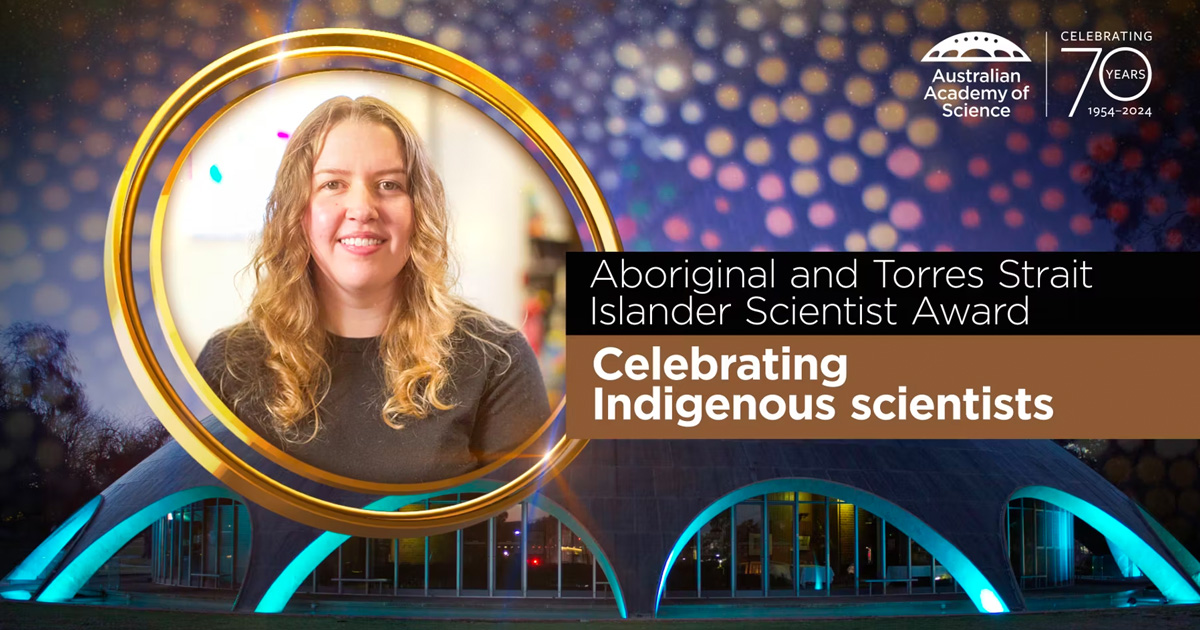Search
Research
Atopy-related immune profiles are subject to genetic influence as evaluated using school-aged twin pairsThe interaction of genetic and environmental contributions to immunological traits and their association with atopic disease remain unclear. Flow cytometry and in vitro cytokine responses were used to characterize immune profiles from 93 school-aged twin pairs. Using an established twin pair analytical strategy, the genetic and environmental influences on immunological traits were evaluated, along with their association with atopy. Our findings suggest strong genetic influence on several traits, particularly B cell abundance. In contrast, cytokine responses from in vitro stimulations appeared mainly shaped by environmental exposures.
Research
Cases of trisomy 21 and trisomy 18 among historic and prehistoric individuals discovered from ancient DNAAneuploidies, and in particular, trisomies represent the most common genetic aberrations observed in human genetics today. To explore the presence of trisomies in historic and prehistoric populations we screen nearly 10,000 ancient human individuals for the presence of three copies of any of the target autosomes. We find clear genetic evidence for six cases of trisomy 21 (Down syndrome) and one case of trisomy 18 (Edwards syndrome), and all cases are present in infant or perinatal burials.
Research
CRISPR-Cas9-generated PTCHD1 2489T>G stem cells recapitulate patient phenotype when undergoing neural inductionAn estimated 3.5%-5.9% of the global population live with rare diseases, and approximately 80% of these diseases have a genetic cause. Rare genetic diseases are difficult to diagnose, with some affected individuals experiencing diagnostic delays of 5-30 years. Next-generation sequencing has improved clinical diagnostic rates to 33%-48%. In a majority of cases, novel variants potentially causing the disease are discovered.
Research
The mitophagy receptors BNIP3 and NIX mediate tight attachment and expansion of the isolation membrane to mitochondriaBNIP3 and NIX are the main receptors for mitophagy, but their mechanisms of action remain elusive. Here, we used correlative light EM (CLEM) and electron tomography to reveal the tight attachment of isolation membranes (IMs) to mitochondrial protrusions, often connected with ER via thin tubular and/or linear structures.
Research
Deciphering IGH rearrangement complexity and detection strategies in acute lymphoblastic leukaemiaAcute lymphoblastic leukaemia is a highly heterogeneous malignancy characterised by various genomic alterations that influence disease progression and therapeutic outcomes. Gene fusions involving the immunoglobulin heavy chain gene represent a complex and diverse category.
Research
Siblings of Individuals With Neurodevelopmental Conditions: Perspectives on Risk, Resiliency and Future Research DirectionsSiblings of individuals with neurodevelopmental conditions (NDCs) are at increased genetic and environmental risk for poorer psychosocial and neurocognitive outcomes compared to control groups of siblings of individuals without NDCs.

News & Events
Genetic disease researcher named inaugural Louis Landau Chair of Child Health ResearchProfessor Aleksandra Filipovska has been appointed as the inaugural Louis Landau Chair of Child Health Research.
Research
Type-2 diabetes epigenetic biomarkers: present status and future directions for global and Indigenous healthType-2 diabetes is a systemic condition with rising global prevalence, disproportionately affecting Indigenous communities worldwide. Recent advances in epigenomics methods, particularly in DNA methylation detection, have enabled the discovery of associations between epigenetic changes and Type-2 diabetes. In this review, we summarise DNA methylation profiling methods, and discuss how these technologies can facilitate the discovery of epigenomic biomarkers for Type-2 diabetes.
Research
ATFS-1 counteracts mitochondrial DNA damage by promoting repair over transcriptionThe ability to balance conflicting functional demands is critical for ensuring organismal survival. The transcription and repair of the mitochondrial genome requires separate enzymatic activities that can sterically compete, suggesting a life-long trade-off between these two processes.

News & Events
Prestigious national award for researcher seeking to improve Indigenous cancer outcomesCongratulations to Indigenous genomics researcher Dr Justine Clark, who is one of two scientists nationally to receive the Australian Academy of Science’s 2024 Aboriginal and Torres Strait Islander Science Award.
